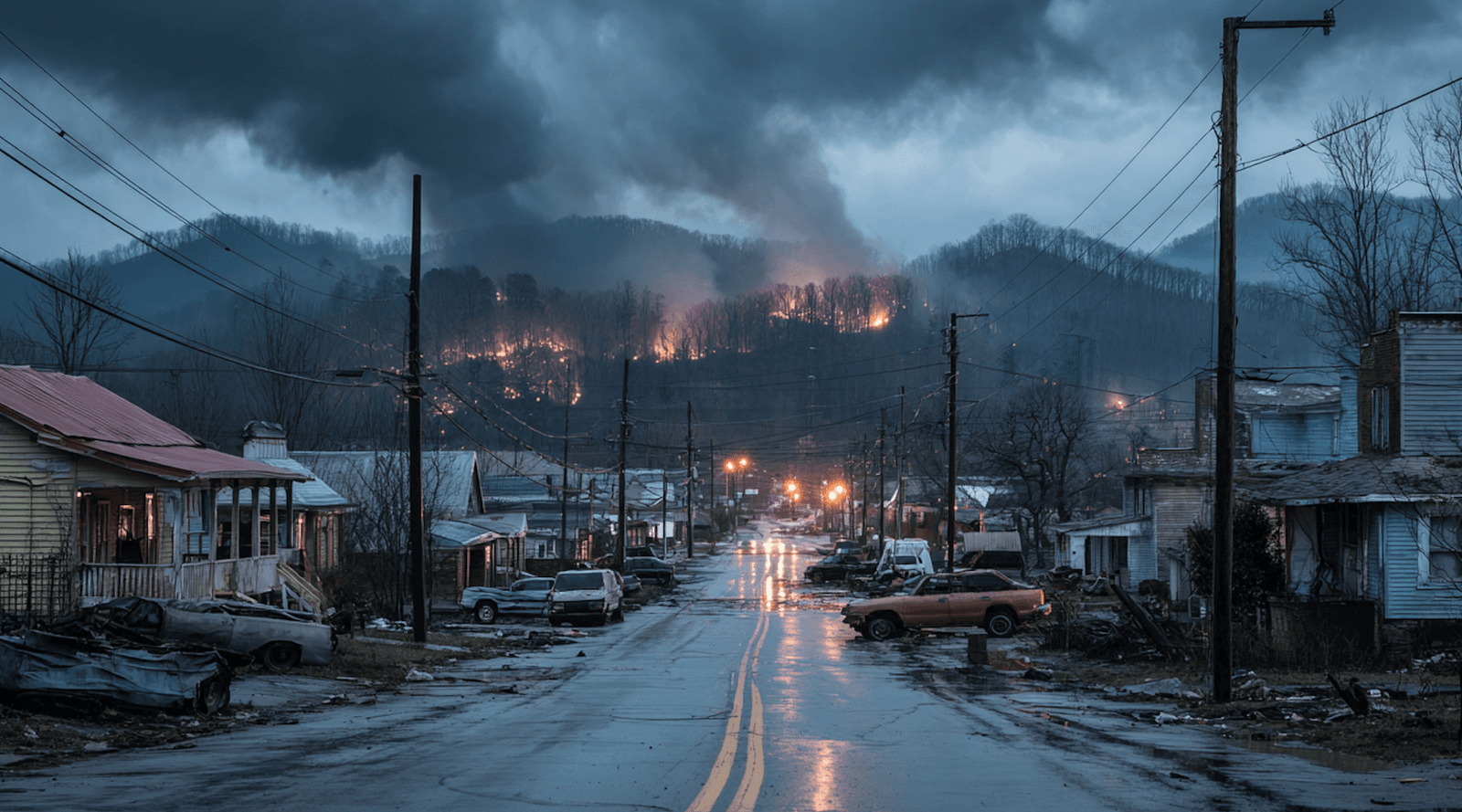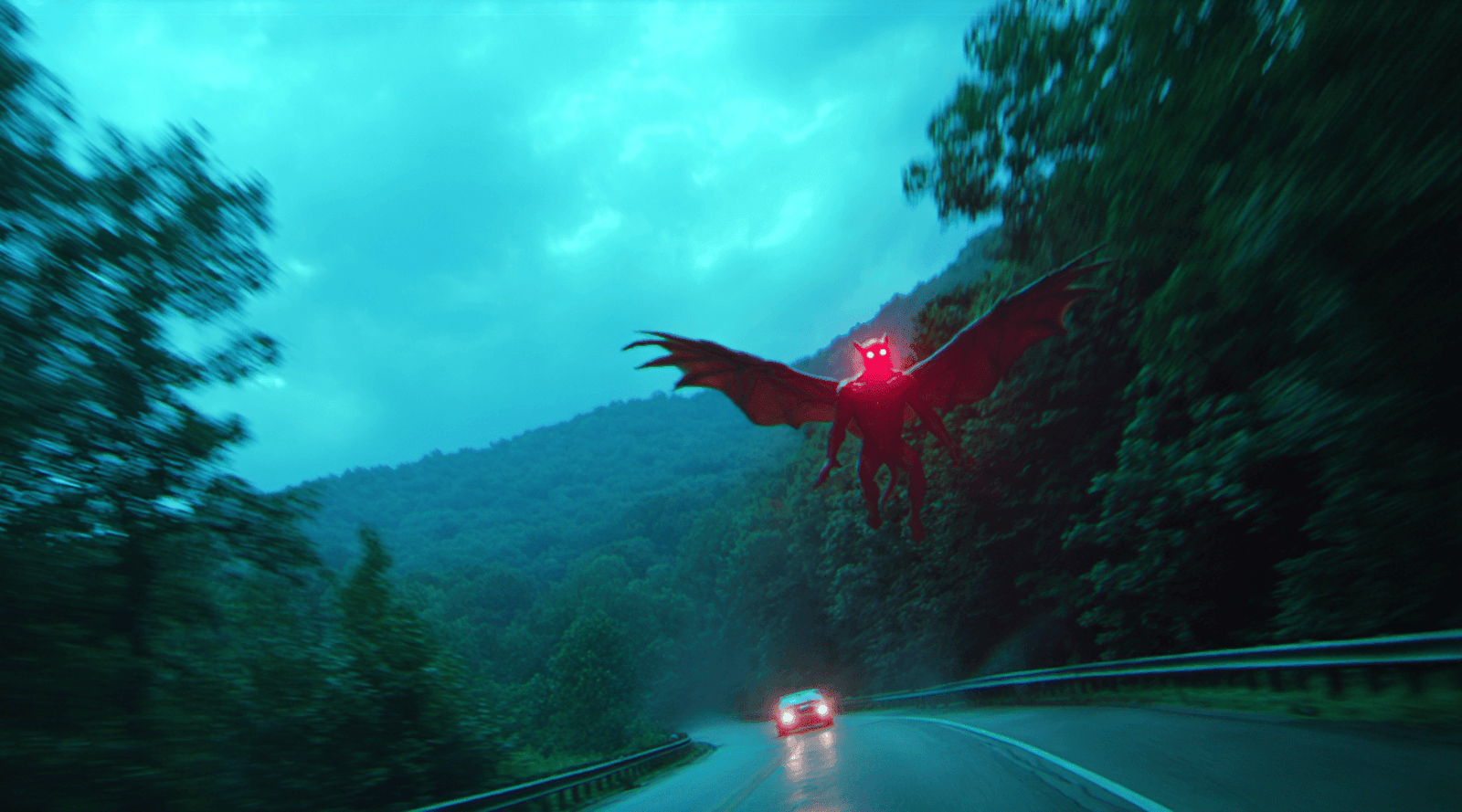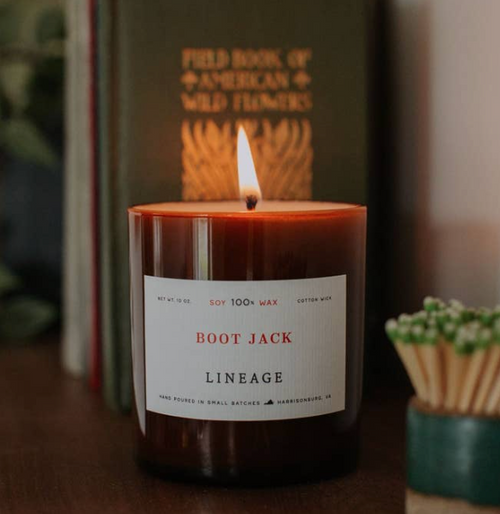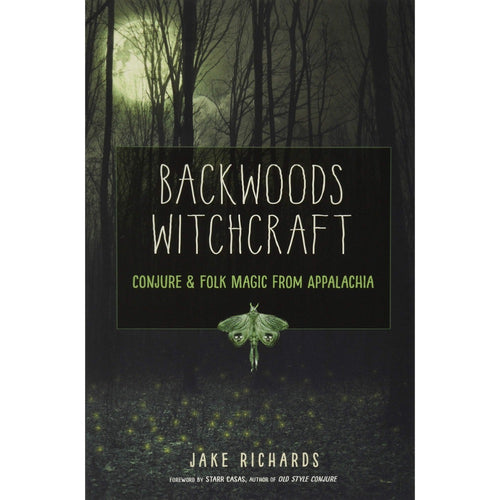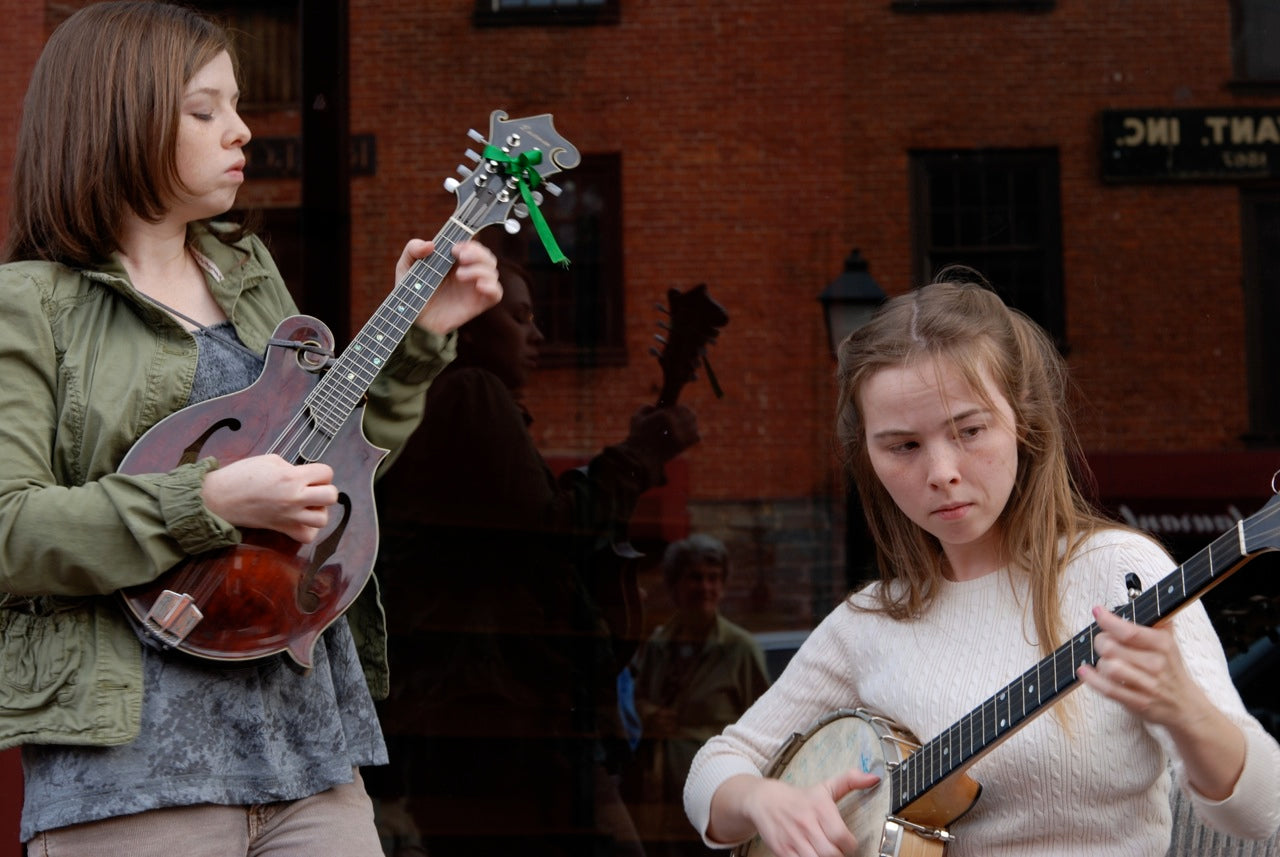
I will never under estimate the power of the blue and gold. Native West Virginians have flocked to Jason Headley's love letter to his home state, entitled "Dear West Virginia." Since it posted last Sunday, more than 42,000 people have read it and hundreds have left heartwarming comments.
All of them share Jason's love for the state's hills and hollers and many asked an important question - how do we keep gifted young people like Jason in the Appalachians?
Today's guest blogger Elizabeth Gaucher has a few ideas on that topic. She left West Virginia at the age of eighteen for college, launched a career in adolescent health and child advocacy, and found her way back home fifteen years later. Along the way, she created the project Essays on a West Virginia Childhood and the blog Esse Diem, where the below post originally published.
*
The Magic Question: Can Appalachia Keep ItsYoung People
Every politician in a rural state with an aging demographic wants to know the answer to The Magic Question:
“How do we get young people to move here and stay here to start careers and families?”
I probably shouldn’t think this is funny, but for some reason I do. The situation itself is not funny, but the bizarre machinations around constructing arguments to lure twenty-somethings to rather than away from Appalachia are a little bit amusing. Part of the problem looks like this:
We say we want young, talented, intelligent, educated, passionate people to want to call West Virginia home.
Fair enough.
But then we talk to the very people we want to attract as if they are not wise enough to see what is written in flames about fifty feet tall. As beautiful as the Appalachians are, many parts of the region (including my home state of West Virginia) have a cascade of challenges. They are economic, social, educational, environmental, political, and medical. At least where I live, our day-to-day is not a party. We exist on some of life’s most frayed and tangled edges.
Don’t smart ambitious young people want to be in hip urban centers with lots of good times and easy living? That’s what it looks like on television, anyway.
What fascinates me is that I don’t think these “what’s in it for me” types are the ones we really want. No offense Jersey Shore and Gossip Girl; you’re entertaining and all, but you are the last thing we need over here.
The nation has suffered several years now of throwing off the costumes of wealth and easy money, sexy start-ups and Internet-driven marketing schemes. McMansions, gargantuan gas-guzzling vehicles, and extravagant parties are dwindling and even a source of embarrassment. We see more clearly what that all was, how false and how wasteful. No one wants to churn that again.
Even the PR efforts to market the great outdoors and low rent are part of a weak sales pitch. I’m betting we are on the edge of a different attraction. I say we market what we have for real and get the most hard-core world-changers we can.
I’m not sure what is more real than the opportunity to turn away from “all for me” and turn towards “all for the world.” Appalachia is in peril, and that is nothing new, but what may be new is the chance to harness global concern about our local issues to attract the right young people.
These are the ones who want to tell the stories of their youth as grand adventures in engaging serious problems with their whole hearts. They don’t care about bar-hopping and overspending on trips to casinos. They are modern journalists and water quality scientists and child advocates. They are health care specialists and teachers and professors. They are small business entrepreneurs and artists and historians and contractors. They are responsible natural resource leaders and sustainability experts. Despite popular belief, they are lawyers too. They are Democrats, Republicans, and Independents.
They know right from wrong; they know giving from taking.
I don’t think they’re the types to tell self-pitying tales, and I don’t think they want a sales pitch or a hand out. I think they want us to get out of the way and allow their innovation, perspective, and talent to change the future of this complex place that we call home.
Will we?
You might also like Will Legal Pot End Appalachia's Biggest Cash Crop?



